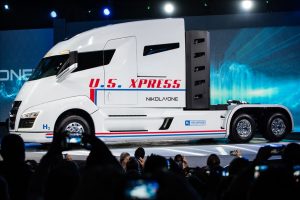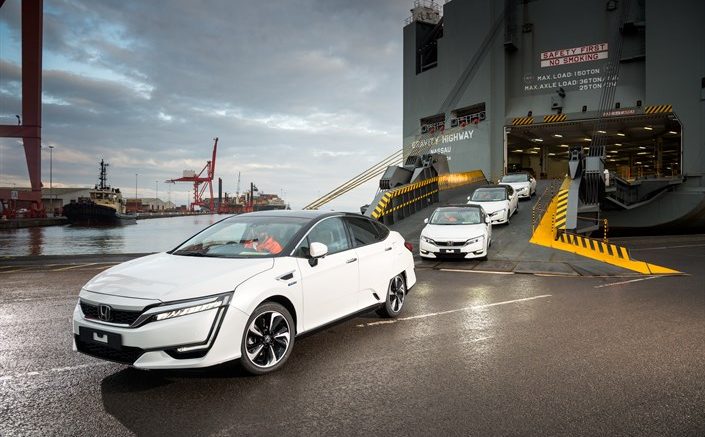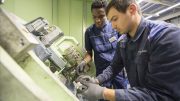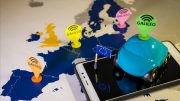Motorists and pedestrians will breathe a sigh of relief at the prospect of a cloud-to-car future of autonomous and emission-free driving. Or will they?
Technology groups such as Apple and Microsoft are vying with carmakers to redraw the roadmap on urban transportation. The initial impetus seems to have come from worries over air pollution and city congestion, but fully electric vehicles only go so far in addressing the problems of urban sprawl. Profligate car use can only be managed through the intervention of sophisticated – and as yet unrealised – learning machines, or “artificial intelligence” (AI).
The average commute time in the UK is 55 minutes a day, according to the Trades Union Congress. More than three million people spend more than two hours a day getting to work. This might partially explain the quick adoption of the “connected car”, where cloud or internet-based software can interact with the driver or passengers. In an autonomous vehicle, various non-driving tasks become possible for travellers, potentially making that time more valuable to commuters.
Microsoft says products that could appear in cars include the Azure cloud platform, Office 365 and the Windows operating system.

Nikola one unveiling event
The pendulum has swung markedly since Dieselgate – where the VW company engineered artificially low readings of carbon dioxide emissions in test conditions – with the main carmakers rolling out plans for clean and clever vehicles. BMW is touting its iNext concept; VW’s I.D will be a fully automated zero-emission car, and the company will offer the e-Golf, with an extended range and more battery power; Honda will bring the hydrogen-powered Clarity to the UK market soon; Toyota is sticking to its hybrid strategy for now, though it funds the Stanford Artificial Intelligence Lab in San Francisco, which is “developing the future of interactions between humans and intelligent machines”. Nikola trucks have stolen a march on Tesla by unveiling a range of fully electric lorries. And Tesla will launch its own electric “semis” next year.
Tech companies are set to play a major role in the future auto market, but it remains unclear if they will make their own vehicles or seek partnerships with existing manufacturers.
The shared technological vision promises urban utopias, where green urban spaces flourish under the watchful eye – and control – of “intelligent, learning machines”, which monitor and interact with interconnected vehicles. But in a society already rife with control mechanisms – mass surveillance, corporate hegemony and straitened civil rights – questions remain over any societal impulse to relinquish our rights to choose. When does a central mind become our mind? When does the human become the cyborg? How will a wholly dependent society fare in the event of a solar pulse wiping out the AI mind?
Technological, regulatory, and consumer adoption hurdles still remain before the fully automated future takes hold. Over the next few weeks we will be pressing the leading minds across the related fields on the dos and don’ts of a future in the cloud.
By James Fitzgerald





